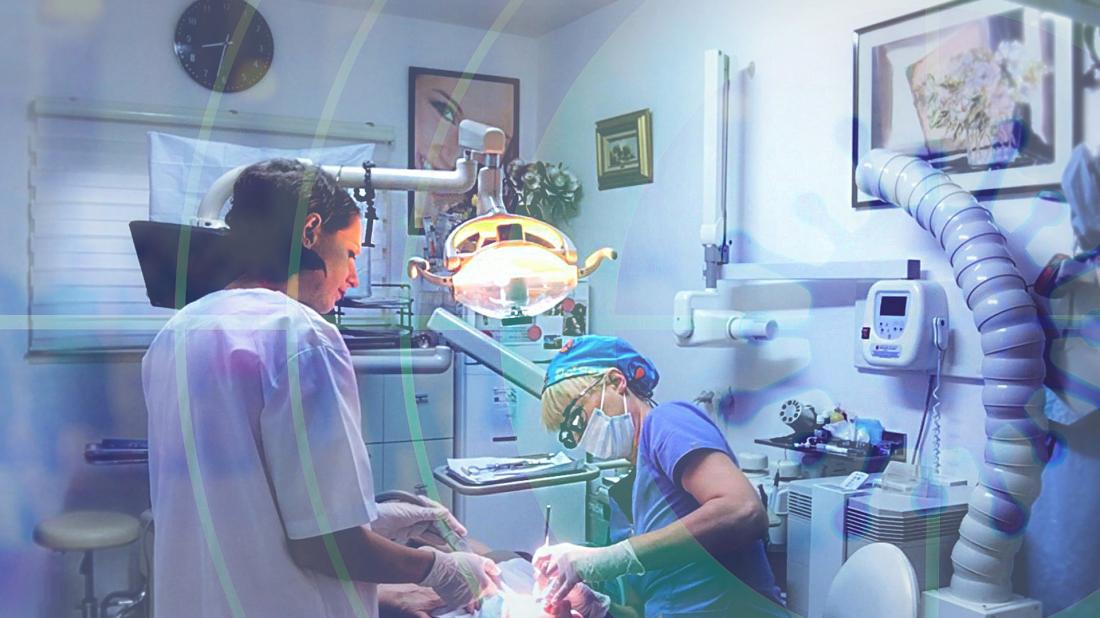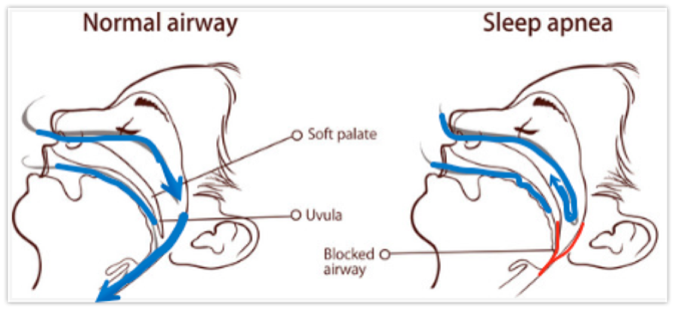
Why Am I Taking A Sleep Study Doc?
Are you wondering how you visited the dentist and ended up going home with a sleep monitor? Let me clear that up... Every day we see signs that someone may be grinding or clenching their teeth (bruxism). In fact, we see signs of all kinds of things going on in the rest of your body that you would never think have anything to do with your mouth. Sometimes patients also talk to us about symptoms that we know are associated with bruxism, or your bedmate may be the one who has mentioned that you are doing this. If we recommended a sleep study, it’s because you mentioned, or we noticed some of these signs during your exam. While the signs are very clear to us, often patients have often never noticed them. So, what are these signs of bruxism?
The most common signs we see are the unique patterns of cusp tip pits, wear facets, attrition, scalloped tongue, and abfraction. It’s hard to believe we are causing all of this damage ourselves!

Dentists have treated bruxism for years with custom made mouthguards worn over the teeth to prevent more damage. Recently the use of Botox has become a popular alternative weakening the masseter muscles responsible for most clenching. If we know how to treat it, why then do you need a sleep study? Can’t we just make a mouth guard for you and move on? The answer seems simple enough, right? Not really.
Due to the increased of sleep related breathing disorders, especially in the south, millions of dollars have been poured into funding research to determine how we can identify people suffering from this sooner and intervene earlier; in recent years that research has linked bruxism to the breathing disorder known as sleep apnea; in fact, it is often the first sign. Sleep apnea is a condition that causes repeated breathing interruptions throughout the night that can last seconds or even minutes and may occur 30 or more times an hour! These interruptions create a shortage of oxygen that your body needs to survive. Often the airway, which can be constricted or small due to your normal anatomy becomes even smaller or sometimes completely shuts off when your jaw relaxes and falls down and back.
Changing the position of the jaw can make it better, but more importantly, it can also make it worse. While a mouth guard will protect your teeth from further damage, it may also change the position of your jaw. If you have sleep apnea that has not been diagnosed, this puts you at even higher risk.

I have recommended this sleep monitor for 2 reasons;
- it will identify whether you are clenching/grinding your teeth at night (the frequency and force), and prevent you from spending money to treat it if you are not
- it will identify whether you should first talk with your doctor about a potential sleep related breathing disorder prior to treating your bruxism if necessary
Answering these questions will save you from spending money on treatment that doesn’t fix the problem and help you live a long healthy life. Please be sure to ask me any questions you may have about this or any other concerns not covered here.
